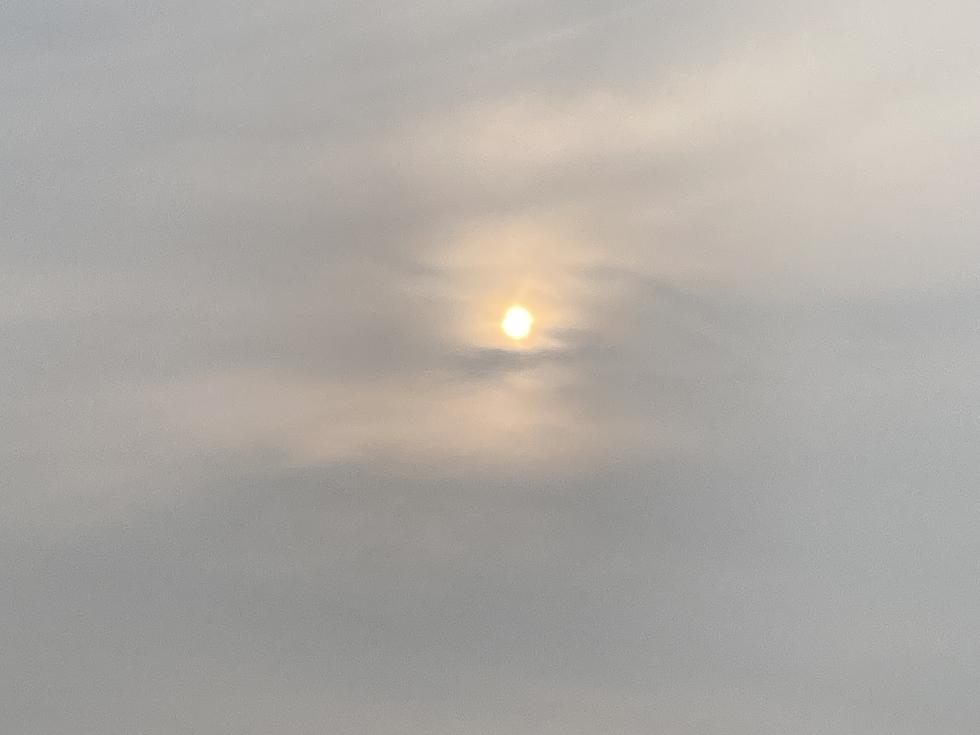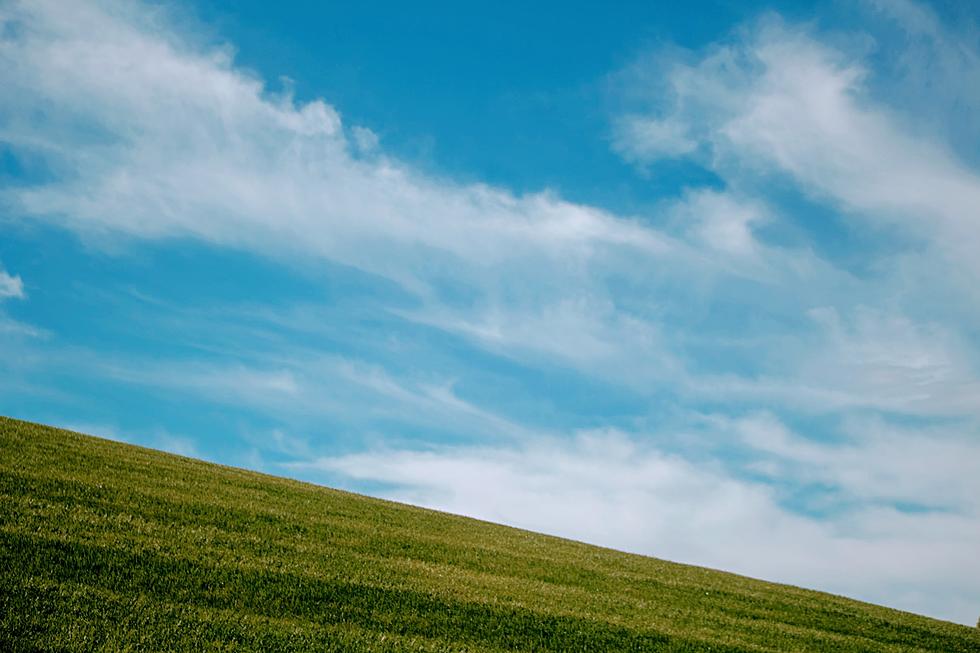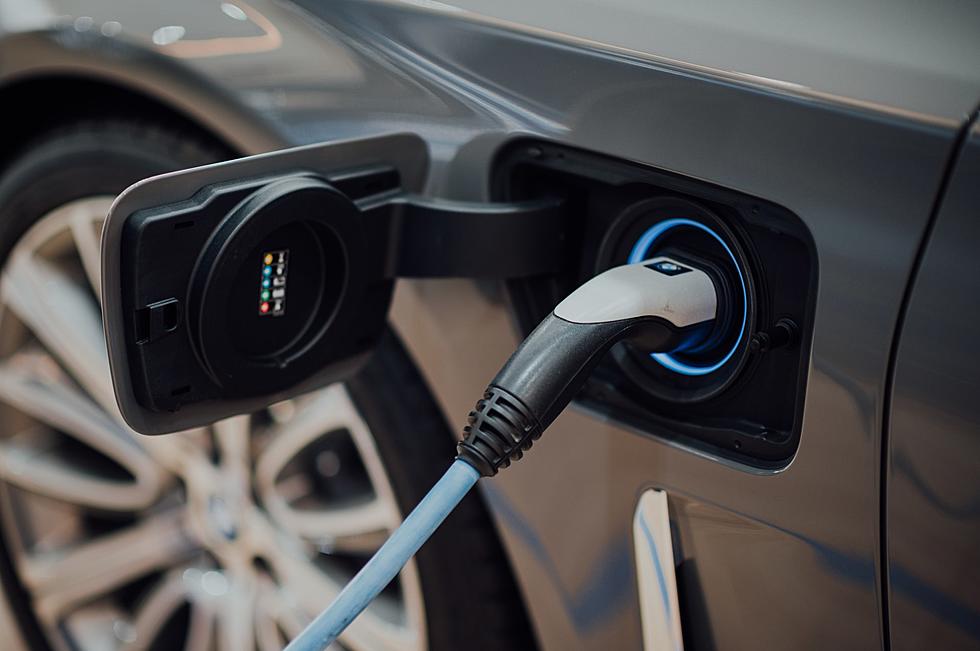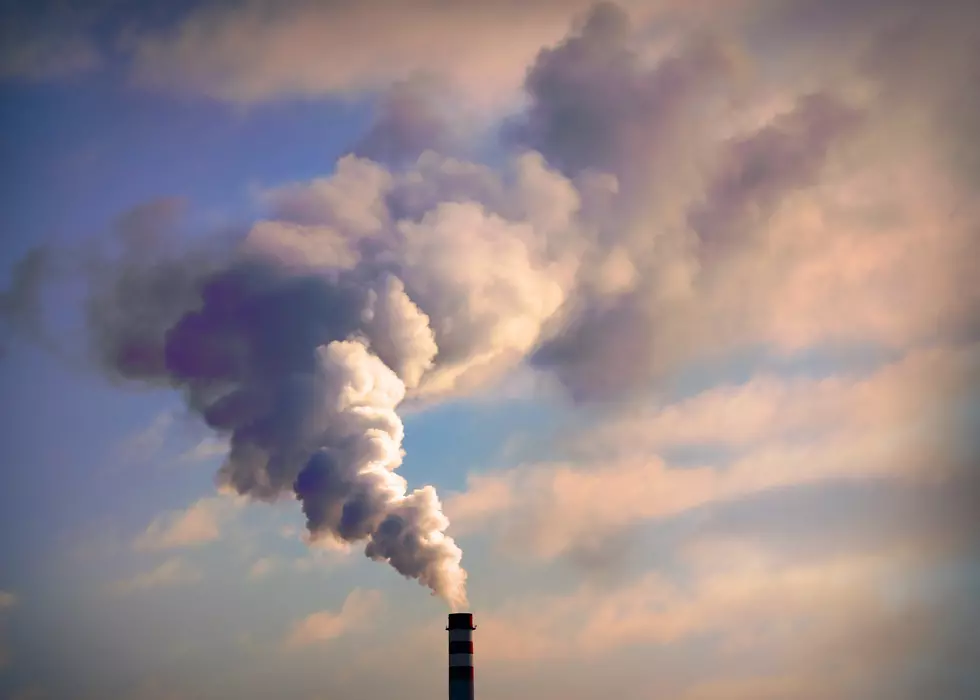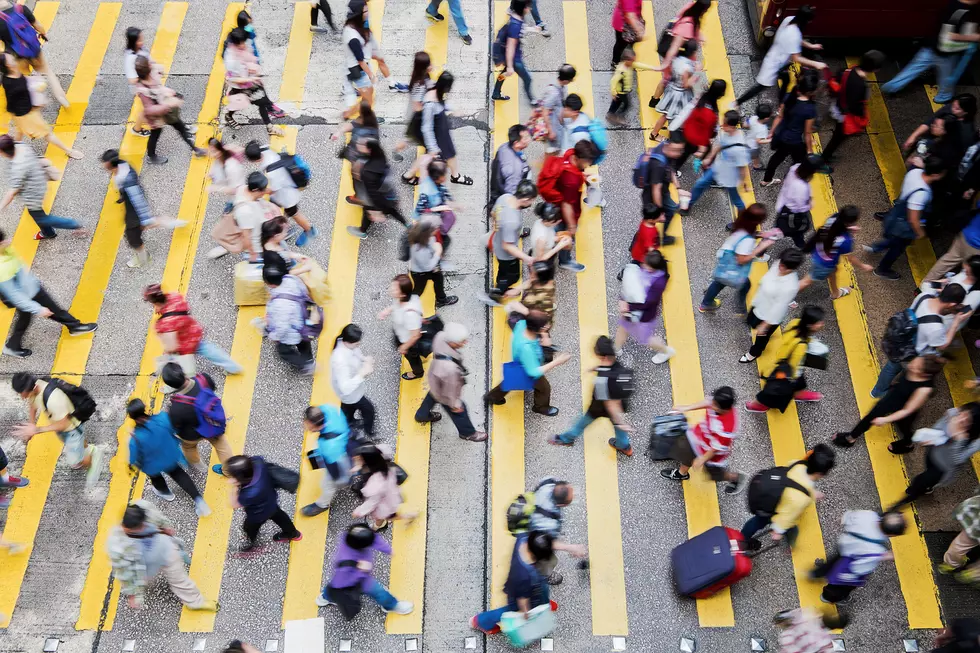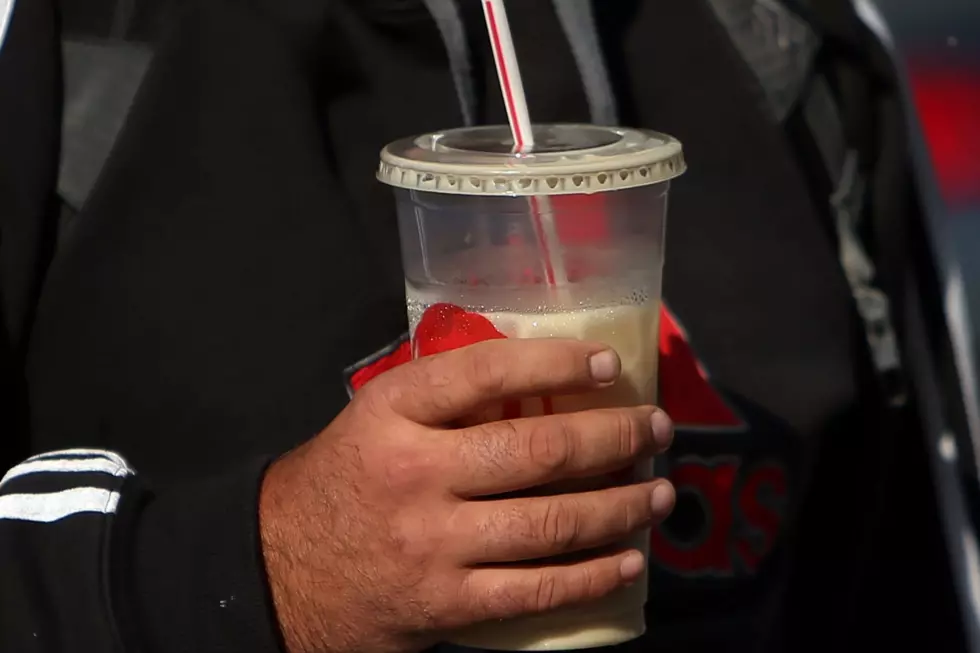
Plastic Straws Could Soon Be a Relic of the Past
One day we may have to explain to our grand kids what those things are that people in old movies are drinking with. The single-use plastic drinking straw could be going the way of lead paint and styrofoam containers.
There is a worldwide effort to end the use of those single-use plastic drinking straws/stirrers. You know, like what you get in the drive-thru or with your cocktail at the bar. The work to get rid of plastic straws is part of a larger campaign to keep plastic trash out of Earth's oceans.
"Small and lightweight, straws often never make it into recycling bins; the evidence of this failure is clearly visible on any beach. And although straws amount to a tiny fraction of ocean plastic, their size makes them one of the most insidious polluters because they entangle marine animals and are consumed by fish." explained National Geographic.
Scotland and Taiwan are among a number of countries working to end use of the plastic straws. Starting in 2019, vendors in Taiwan must stop providing straws in stores. Eventually people that want a straw will have to pay for them.
As part of plans in Scotland, the government there will create an expert panel to find ways to reduce many single-use items. McDonald's restaurants in the UK recently announced plans to phase out plastic straws.
Several states, cities and individual businesses in the Unites States are also looking at alternatives to plastic straws. Many establishments have started by only providing straws when people ask for them. Others have started using straws made from paper. Even Disney has discontinued plastic straws at some of it's parks.
According to the Washington Post, when Freehold Brooklyn, a coffee shop, bar and private event space in New York, changed from plastic to paper straws and stopped giving them out unsolicited, they went from spending $9,000 a year on straws to giving out a handful a week.
Emma Iacono, co-owner of Ylang Ylang Beach Resort in Montezuma, Costa Rica told The Washington Post, "There is so much plastic waste that washes up on our beaches that we knew we had to do something." The resort switched to biodegradable straws a few years ago.
If you saw a recent episode of the show Blue Planet II, you saw the massive amount of plastic that is polluting the oceans. That pollution negatively impacts the plants and animals that live there. Which in turn is bad for people that make a living off the oceans. From fishing companies to coastal tourism, the durability that makes plastic so useful is creating a new problem.
Sources: National Geographic, Washington Post, Waste Dive
See Also:
More From KYBB-FM / B102.7
